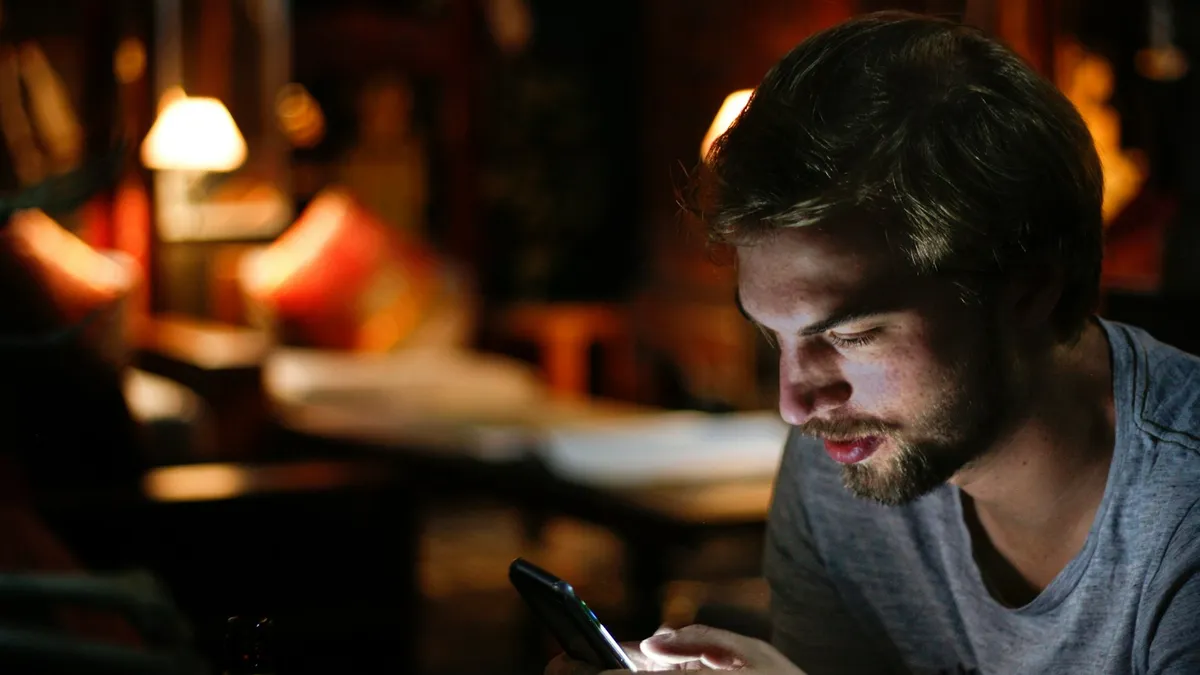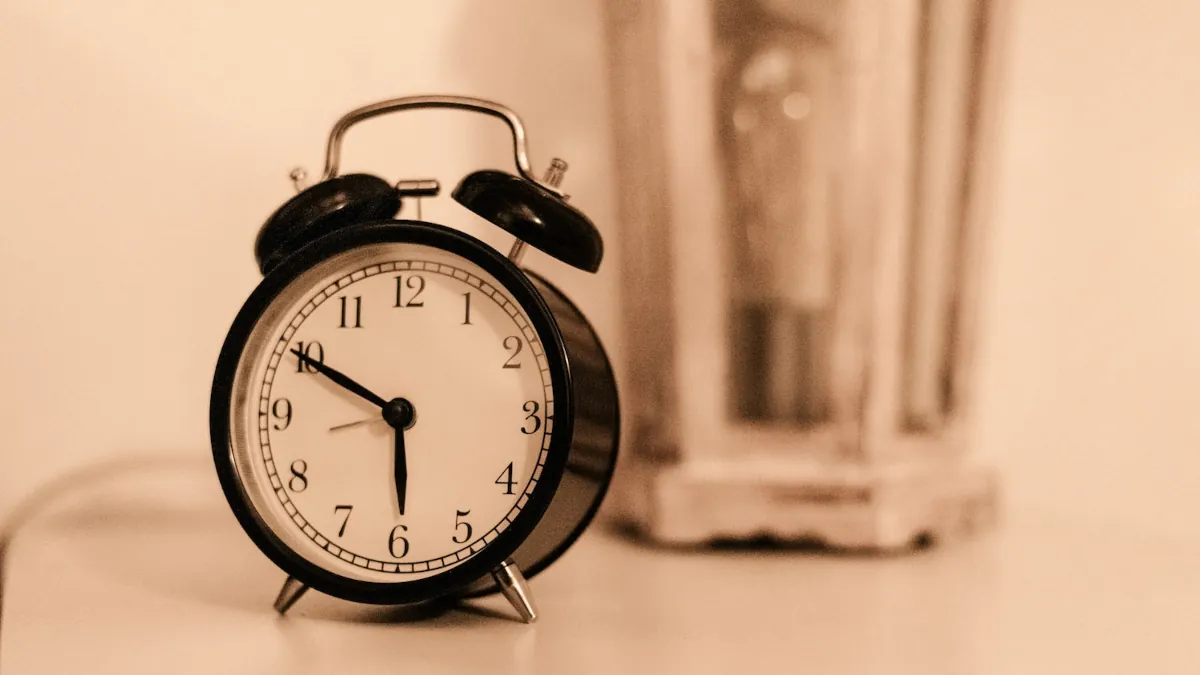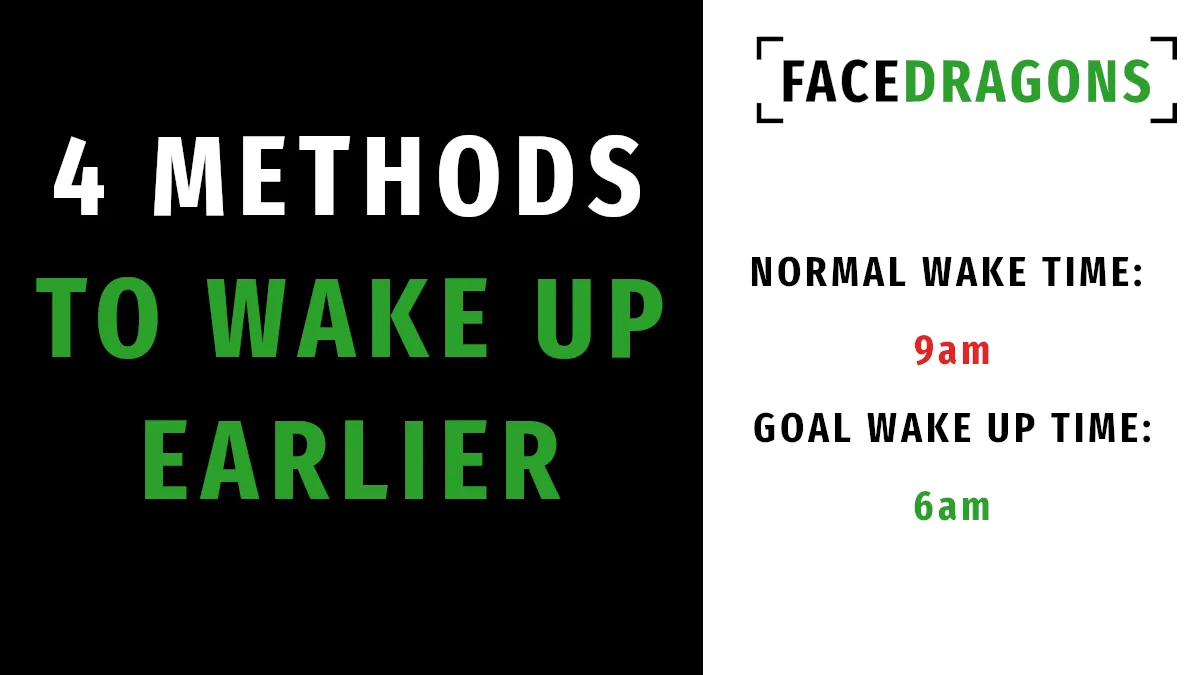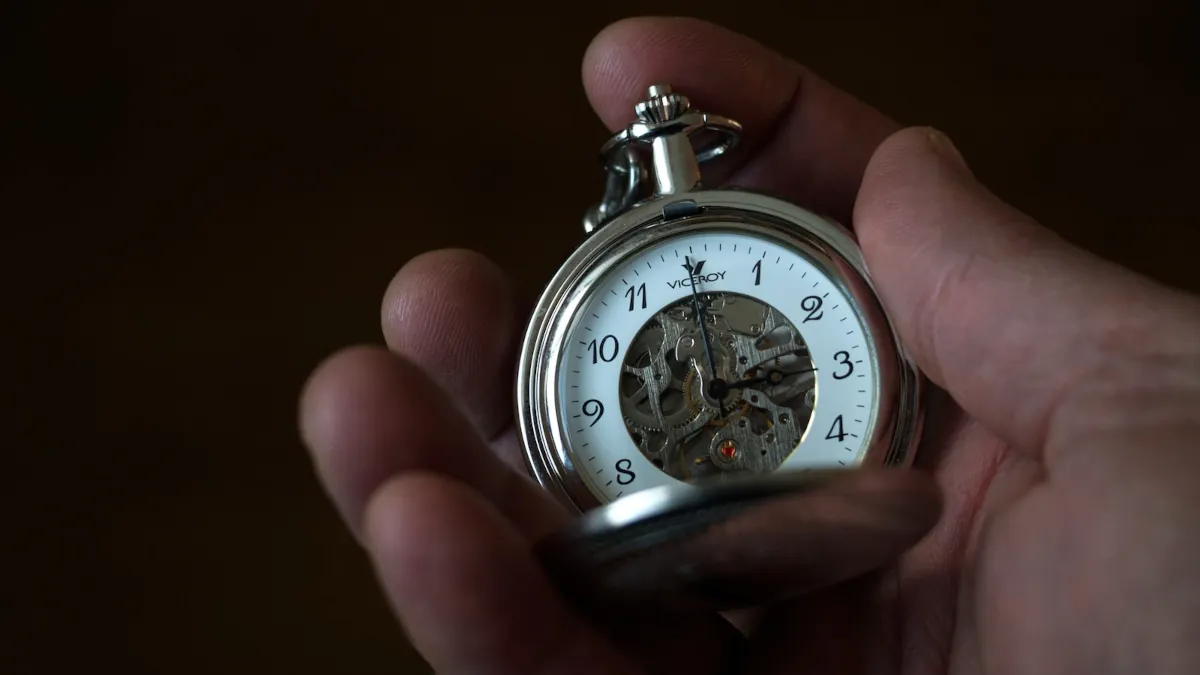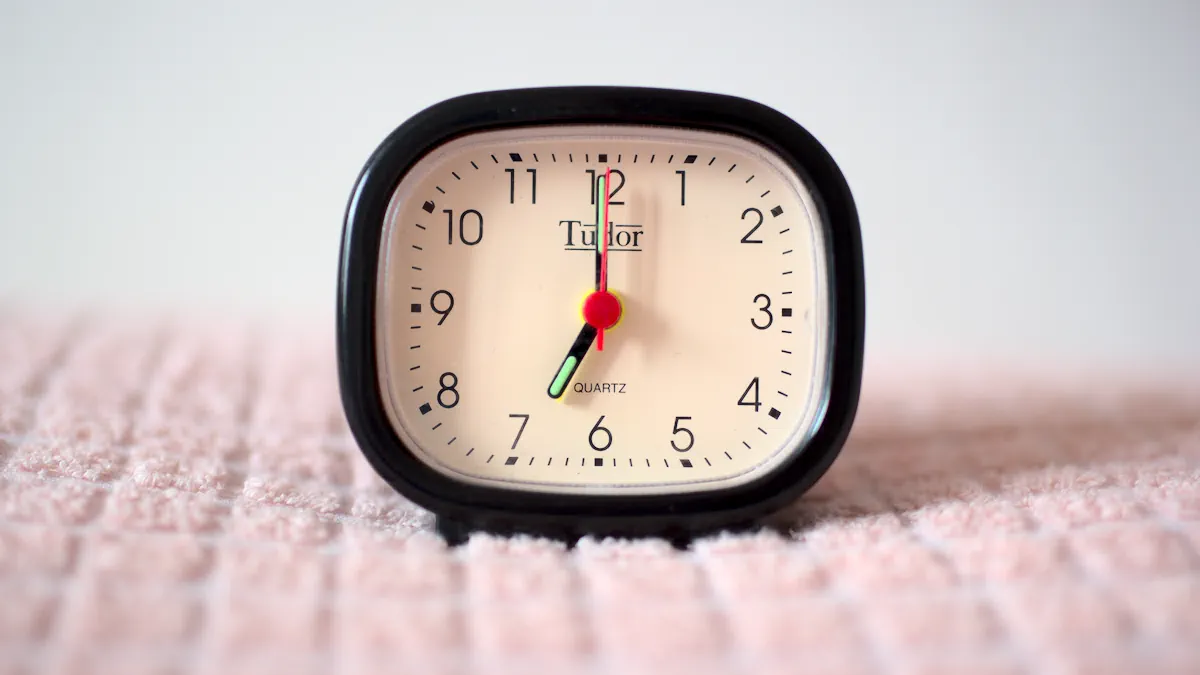The digital detox is the cure this generation needs. It’s the chance to unplug, reset, and realize that there is life outside the screens that have trapped many of us for too long. You might have tried a digital detox—reducing time on social media, scrolling, or screen time—before. After it failed, though, you went right back to your old habits, and nothing really changed.
Let’s explore digital detoxes: when you might need one, why they so often fail, and how to detox successfully for long-lasting and life-changing results.
Signs You Might Need a Digital Detox
1. You Wake Up Feeling Tired
It’s because:
- The blue light negatively impacts the quality of your sleep.
- You get less sleep, too, because, without a screen, you’ll go to bed earlier and fall asleep faster.
2. You Find It Hard to Focus
The online world has been designed to be stimulating. Instant access, infinite scrolling, and quick-cut scenes train your brain to focus only for a few seconds at a time. So, if you’re unable to read a couple of pages of a book or stay focused on the writing you’re doing, it’s time to pull the plug for a while.
3. You Feel Guilt or Regret After Using Your Devices
Addicts usually don’t enjoy indulging their addictions. Sure, they may be on a high while they do it, but regret and guilt typically follow. If you have negative thoughts about what you do online, like, “Why did I spend 2 hours scrolling Instagram? I didn’t even want to.” Or, “I wish I hadn’t spent all night watching YouTube and read instead.” You need to accept that you may have an addiction and need to remedy it.
You feel like you’ve wasted your life, but don’t worry. Use the digital detox formula below.
Why Your Digital Detox Fails
Expectations are everything!
You feel like a failure if you expect to run 5 miles and only manage 2. But if you only expected to run one, you’d feel like a champion.
Don’t set yourself up for failure by expecting your life to be different tomorrow. It won’t be. Just like detoxing from alcohol or anything else, this is a process. But it’s a process that will improve your life and you’ll be a better man if you stick with it.
Here are a few things you will encounter during your detox:
- Failing and pulling out your phone.
- Friends or family questioning or tempting you.
- Intense desire to get back online.
- You’ll tell yourself that you don’t need to do this.
These things are easier to deal with when you know they’re coming, especially the first. You will fail. You will slip up. But don’t let that stop you when you realize what you’ve done. Just put the phone away and continue with the detox.
Imagine someone who wants to lose 100 lbs. Halfway through, they’ve lost 50 lbs but slip up and eat an entire birthday cake. Should they give up their diet? Have they completely destroyed their weight loss? Of course not! They’re still 50 lbs lighter than they were at the start (maybe 49 lbs now). And if they forget the cake and just continue on, they’ll still continue to make progress toward their goal.
So when you slip up, you haven’t put yourself back to square one either.
You Weren’t Prepared
Someone who wants to start a healthy diet is destined to fail if their kitchen is full of junk food and there are no healthy options in the house. Dieters must remove temptations and stock healthy alternatives before they start their diet.
And you need to prepare before your digital detox.
You know what your worst temptations are:
- YouTube
- Netflix
- etc.
Perhaps you thought that your willpower was strong enough to just not click on them anymore. Or maybe you moved them from your home screen or into a folder so they weren’t as prominent.
You didn’t think about what you were going to do during the five hours you usually spend on the couch watching Netflix. Five hours is a long time with nothing to do.
How to Digitally Detox Successfully
1. Choose a Time to Start
It’s not as easy as saying, “Everyone must wake up at 5 a.m. and spend the first three hours away from technology.” (Although that would be great for most people.) People are different—they have different preferences and habits, and they do different things. I find the morning is the best time to write. Working out is much easier for me in the evenings. In the afternoons, I spend time with my family.
- Churchill did all his serious writing in the evenings and late into the night
- Stephen King does all his writing before midday.
- Prince would stay up all night writing and recording songs.
So when do I turn the devices off? It depends on my current goals and focus. If I’m focused on my business and need a digital detox to put more energy into writing, it’s the morning. But if I find myself distracted while trying to play with my son, I need to detox in the afternoon. Then again, if the Belgian beers and the chocolate brioche have tempted me away from my diet again, maybe I need to focus on putting the screens down in the evenings.
Pick the time that would make the most significant difference to your life right now. And remember, you can always change it later.
However, you need to give it up all day for a thorough digital detox. If you’re detoxing from alcohol, you don’t just quit drinking for a few hours each. No, it needs to be all day, baby.
If you’re the sort of person who needs to go cold turkey to make a change in your life. You still need to choose a time – the time you will start.
Don’t start right now because there are still some things you must get ready, but starting tomorrow, on Monday, or Friday at 6 p.m. are all good choices. Whatever time you choose, set it in stone. It’s not “this weekend;” it’s “from the moment I wake up on Saturday.”
If it’s a few days away, that’s good. That will give you the time to prepare mentally and with the preparations below.
2. Get Ready for Your Digital Detox Now
An alcoholic doesn’t leave bottles of gin in his house when he decides to detox. That’s just setting himself up for failure. It’s the same when you want a digital detox. If you’re going to do it, you might as well do it right, which starts with powering down all your devices and putting them somewhere inaccessible or inconvenient. (For example, in a bag in the trunk of your car.)
“But,” I hear you protest, “I still need my phone for work, or ot contact friends (or some other reason.)” What would you say to the detoxing alcoholic? “Oh OK, you can still get drunk with your firends or when you need to for work.”? No, of course not. You’d say, “This is for your own good, so put up with it for now.”
But what about those people who need to make phone calls to earn a living? Two words: Dumb Phone.
Dumb Phones are the latest thing. They are smartphones with only a few pre-installed apps and no access to an app store. For the most part, they can make phone calls and text messages and let you use the GPS. Importantly, there is no social media or apps to waste your time on. It’s a functional piece of tech that you can use throughout your detox (think of it like alcohol-free beer).
3. Tell Everyone You Won’t Be Online
Recovering alcoholics avoid bars. People trying to lose weight avoid bakeries. But they also don’t want their friends showing up with a “beautifully aged bottle of scotch”, or tray of donuts.
You need to let people know what’s going on.
And it’s not only so they don’t accidentally tempt you back to the screen. If you drop off Discord for a month and stop responding to DMs, some people will get upset. Some may even get pissed. So you need to tell them beforehand.
Telling the people in your life has another added benefit too. It starts to build a support system around you. At times when you do fall off the wagon, or when you’re tempted too, you’ll have someone there who knows what this means to you and can motivate you to get back on track.
4. Always Have an Alternative
“Idol hands are the devil’s plaything.”
Telling yourself you won’t watch TV anymore, then sitting in the living room with that big black rectangle staring at you all night is a bad idea. You need something else to do.
It’s a mistake to wait till TV time to come up with something to do. You must know ahead of time.
This is a great opportunity to finally start making progress on your personal development plan and becoming the person you’ve always wanted to be. So plan something valuable to do in all the free time you’ve given yourself. Work on your goals.
5. Switch Off
You’ve decided when you’re going to start. You’re ready, you’ve told everyone, and you know what you’re going to do instead. The only thing that’s left is to turn the screen off. Bye!

